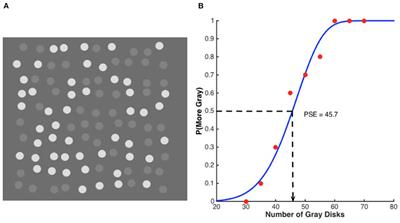ORIGINAL RESEARCH
Published on 02 Feb 2023
Two distinct types of color spreading induced by different luminance and color conditions in static flank transparency displays
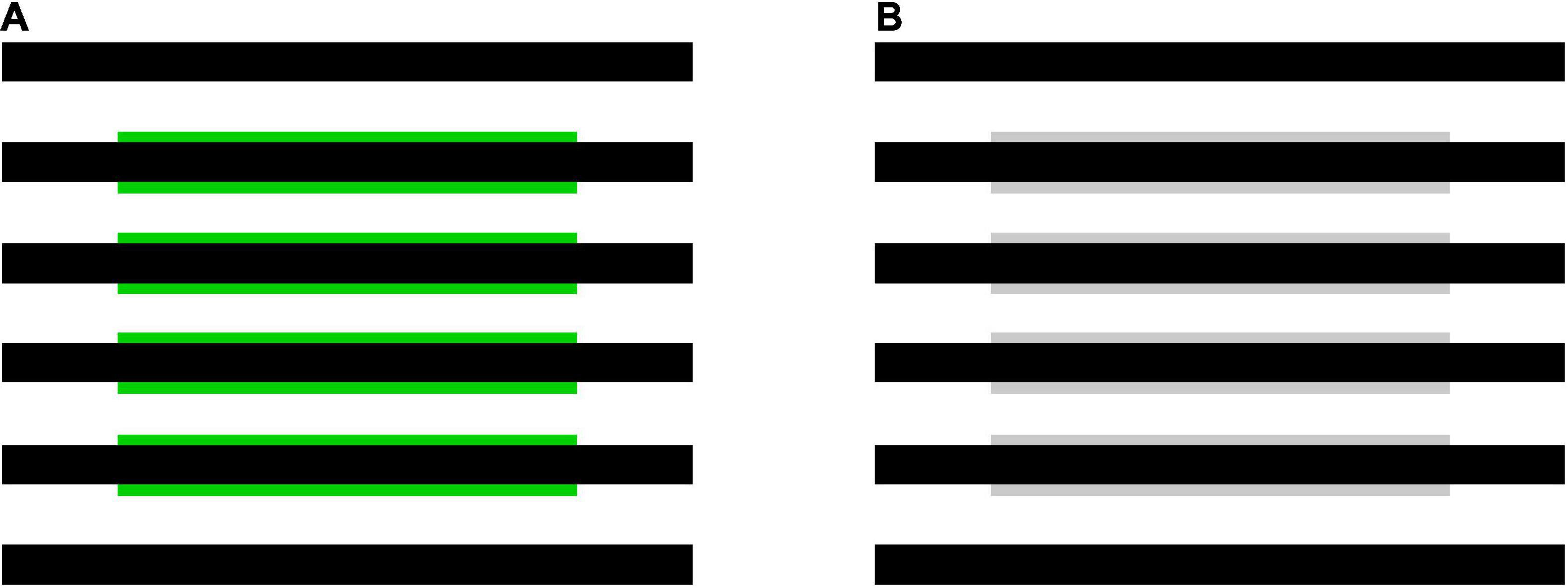
doi 10.3389/fnhum.2023.1087469
- 2,033 views
- 1 citation
2,698
Total downloads
20k
Total views and downloads
ORIGINAL RESEARCH
Published on 02 Feb 2023

ORIGINAL RESEARCH
Published on 08 Dec 2022
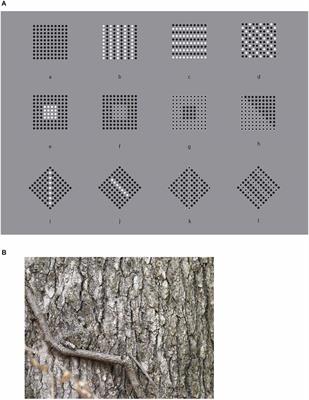
OPINION
Published on 07 Nov 2022
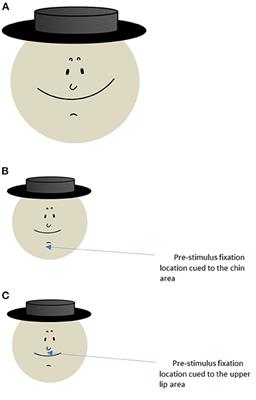
ORIGINAL RESEARCH
Published on 15 Sep 2022
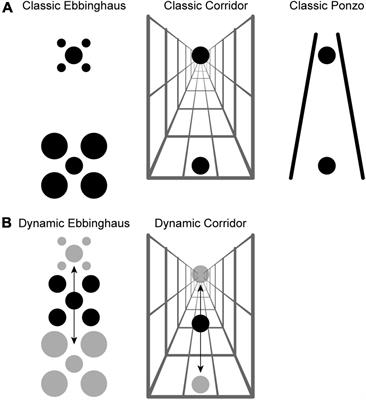
REVIEW
Published on 31 Aug 2022
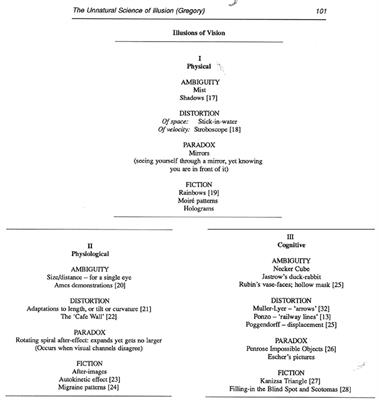
ORIGINAL RESEARCH
Published on 19 Jul 2022
